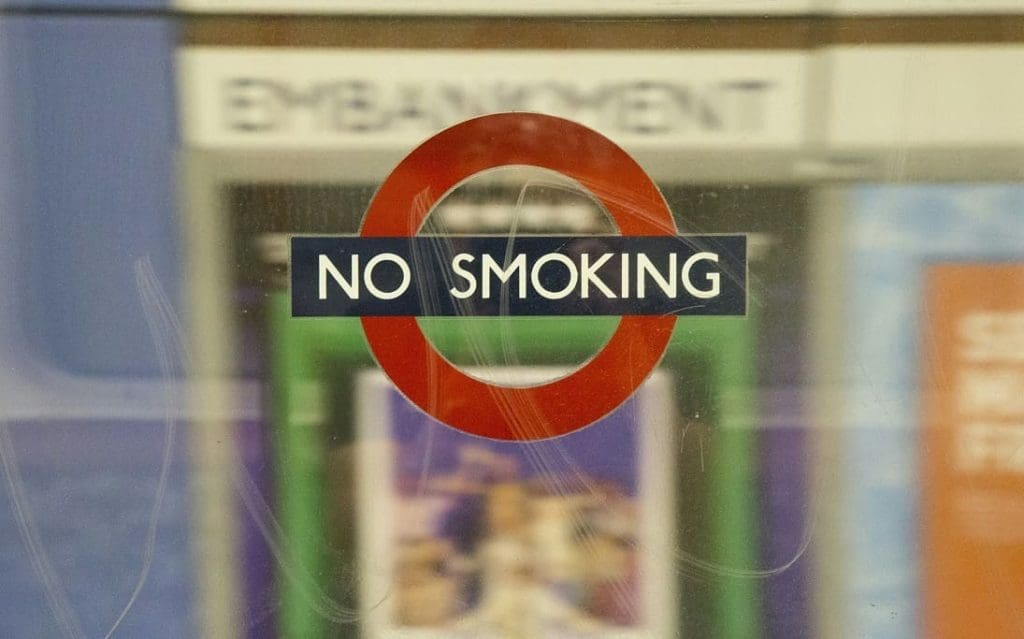For decades, cigarette smoking has been recognized as seriously detrimental. Apart from environmental and socioeconomic damage, cigarette smoking can significantly impact overall health. So much so, in fact, that agencies like the World Health Organization (WHO) and the Centers for Disease Control and Prevention (CDC) even consider it the leading cause of preventable disease and death.
With this in mind, many smokers do try to let go of the habit. According to a JAMA Network article on smoking and mortality, up to 50% of all US smokers attempt to quit in any given year. Unfortunately, only about 7.5% of these attempts are successful. Smoking is notoriously difficult to give up because of the dependencies it creates in smokers. As such, many turn to prescribed medical interventions, like Champix varenicline pills, since these are doctor-recommended means to inhibit the pleasurable effects of smoking. However, not every smoker is keen to take such medication. This may be because they are not interested in ingested medications or because they don’t have the resources to see a physician consistently.
This is where non-prescription smoking cessation aids come in, as these are ideal for smokers looking for more holistic ways to let go of cigarettes.
Alternative nicotine products
Abruptly depriving smokers of nicotine (a primary chemical in cigarettes) can lead to a slew of withdrawal symptoms. These can range from fatigue to weight gain. Because these can cause serious discomfort, many smokers end up relapsing. To remedy this, smokers can opt for alternative nicotine products. Available in various formats, these offer controlled doses of nicotine to help smokers wean away from cigarettes without triggering withdrawal.
Some of the most popular alternative nicotine products are smokeless options, like patches or pouches, because these are discreet. To illustrate, ZYN nicotine pouches simply need to be placed between the cheek and the gums to allow the nicotine to flow into the bloodstream. Since this is also tobacco-free, there is no mess, making disposal easy. They’re also available in various strengths and flavors, like Coffee and Wintergreen, thereby making the experience more pleasing and customizable. Since some smokers also crave the familiar breathing patterns connected to smoking, vapes are another well-known alternative. For instance, Halo e-cigarettes have been found to help with smoking cessation, given that they mimic the same hand, mouth, and breathing motions that smokers tend to look for. A heated product, vapes emit a vapor using different tobacco-free juices that are flavored and available in different strengths.

Behavioral counseling therapies
Another hurdle many smokers face during cessation is breaking the emotional bonds they associate with cigarettes. For example, an article on The Conversation notes that many young adults took up smoking during the pandemic as a means to de-stress. Similarly, many think of cigarettes as a way to connect with others. All in all, this is why many smokers find that being around other smokers or facing stressful events can trigger them to light up again.
Thus, plenty of cessation experts suggest seeking specialized counseling. Through these, smokers can understand the root of their addiction and effectively find different coping mechanisms. One example of this is group therapies, like Nicotine Anonymous. A free initiative that uses a 12-step model, this program is available in in-person and online avenues. The group setting here works by creating a support system that helps hold smokers accountable while also offering invaluable advice based on lived experiences. Meanwhile, smokers who prefer a more private therapy model can also turn to doctor-led counseling. These are usually based on psychological methods like cognitive behavioral therapy (CBT). This targets the foundations that started their habit so that they can be unlearned. While doctor-led therapies can cost more, healthcare like Medicaid can cover some of these.
Meaningful lifestyle changes
Because cigarette smoking can seriously impair your health, it makes sense that doubling down on positive lifestyle changes—like a balanced diet, better sleep hygiene, and regular exercise—can help the quit journey. Case in point, in lieu of cigarettes activating the pleasure centers in the brain, working out more can fill this need for happy hormones. Exercise can increase the production and release of mood-regulating chemicals such as endorphins. At the same time, more exercise can improve cardiovascular wellness, thereby inspiring smokers to stay on the cessation track. This is essential given that smoking can cause many issues like hypertension, heart disease, and pulmonary abnormalities. Since working out alone can be daunting, turning to accessible online resources can help put you in the right direction. To name one example, The 20 Minute Fitness podcast is great for those new to working out or who are just getting back on the grind. Free on Spotify, this podcast explains the main tenets of getting fit in digestible, beginner-friendly nuggets.
The New Jersey Digest is a new jersey magazine that has chronicled daily life in the Garden State for over 10 years.
- Staffhttps://thedigestonline.com/author/thedigeststaff/
- Staffhttps://thedigestonline.com/author/thedigeststaff/
- Staffhttps://thedigestonline.com/author/thedigeststaff/
- Staffhttps://thedigestonline.com/author/thedigeststaff/


